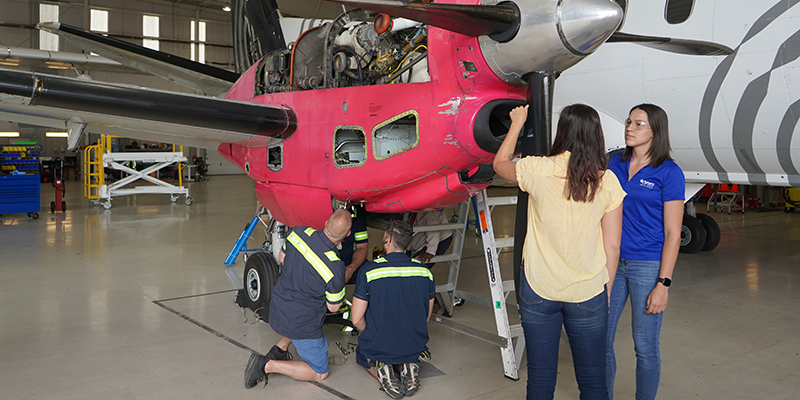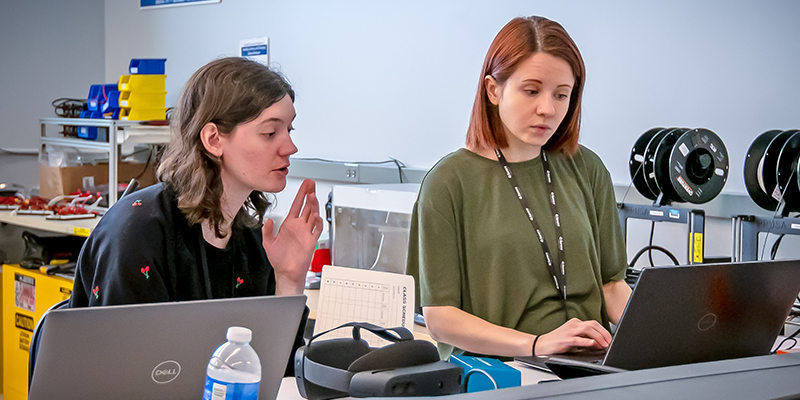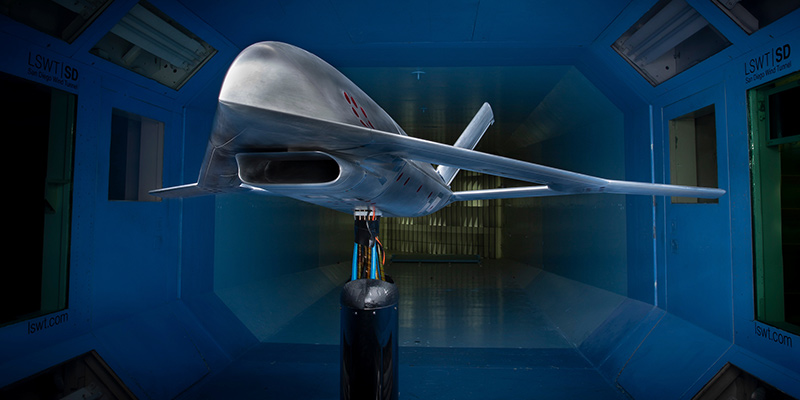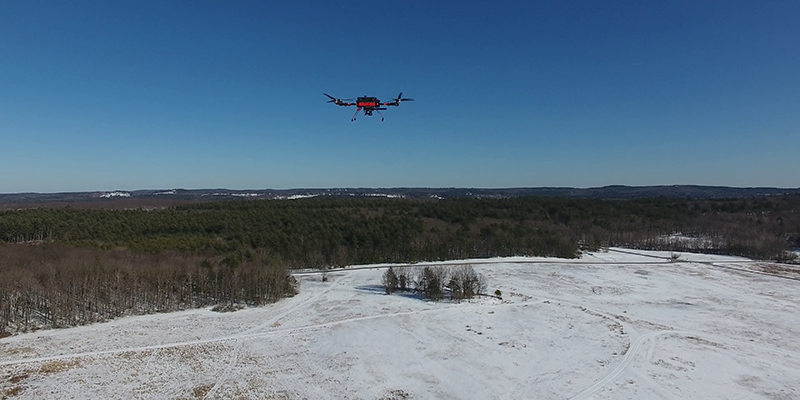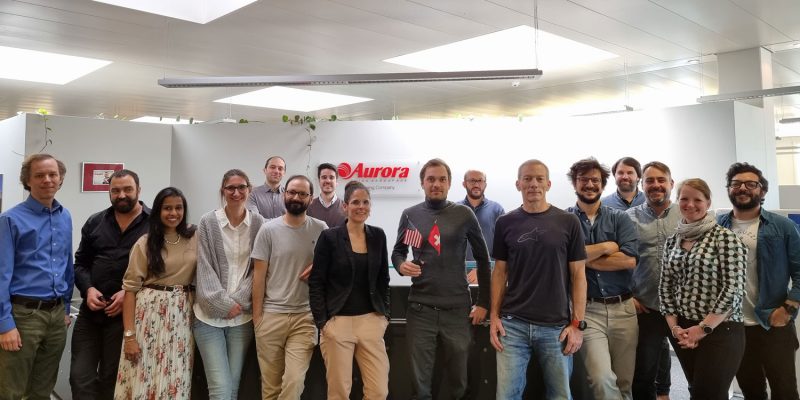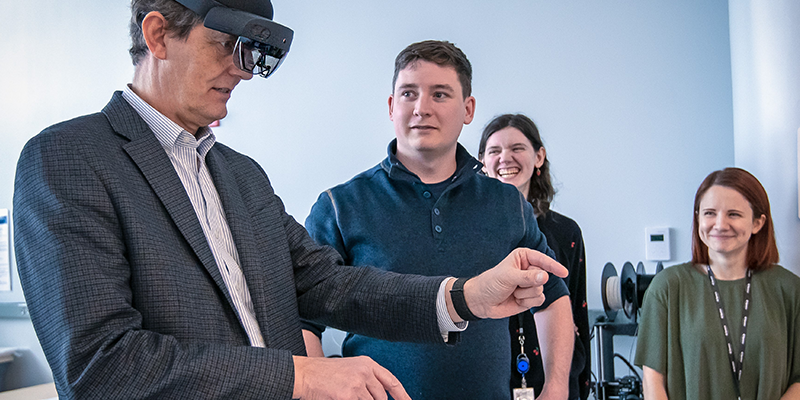News
Women In Engineering: Working Behind the Scenes on NASA’s EPFD Program
Meet four women working behind the scenes on NASA’s Electrified Powertrain Flight Demonstration (EPFD) program and learn about how they are advancing the future of flight.
Bridging the Gap Between Humans and Autonomy
Aurora Flight Sciences, a Boeing Company, has been on the forefront of aviation and autonomy for over three decades. Today, teams of engineers are developing cutting-edge tech in aviation by employing artificial intelligence (AI) for research and development of autonomous flight.
Wind Tunnel Testing Advances Development of Aurora’s Active Flow Control X-Plane
Aurora Flight Sciences, a Boeing Company, recently conducted wind tunnel testing of its X-plane candidate for the Defense Advanced Research Projects Agency (DARPA)’s Control of Revolutionary Aircraft with Novel Effectors (CRANE) program.
Aurora Tests Improved MIDAS Counter-UAS System
Aurora Flight Sciences, a Boeing Company, recently completed a project to advance the capabilities of its Modular Intercept Drone Avionics Set (MIDAS) counter-unmanned aircraft system (C-UAS).
DroneTalk with Sonia Berube-Ray, Managing Director of Aurora Swiss
In an interview with Commercial UAV News, Sonia Berube-Ray discusses what drew her to her new role as Managing Director of Aurora Swiss Aerospace and what she sees for the future of this innovative business.
Aurora’s New Lab is a Hub for Innovation in Autonomy
Aurora Fight Sciences, a Boeing Company, recently opened a new lab space in the Charlestown neighborhood of Boston. The lab occupies the third floor of the historic Schrafft's Center and houses advanced capabilities in autonomy, electronics, rapid prototyping, and testing.

